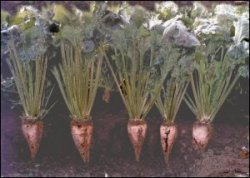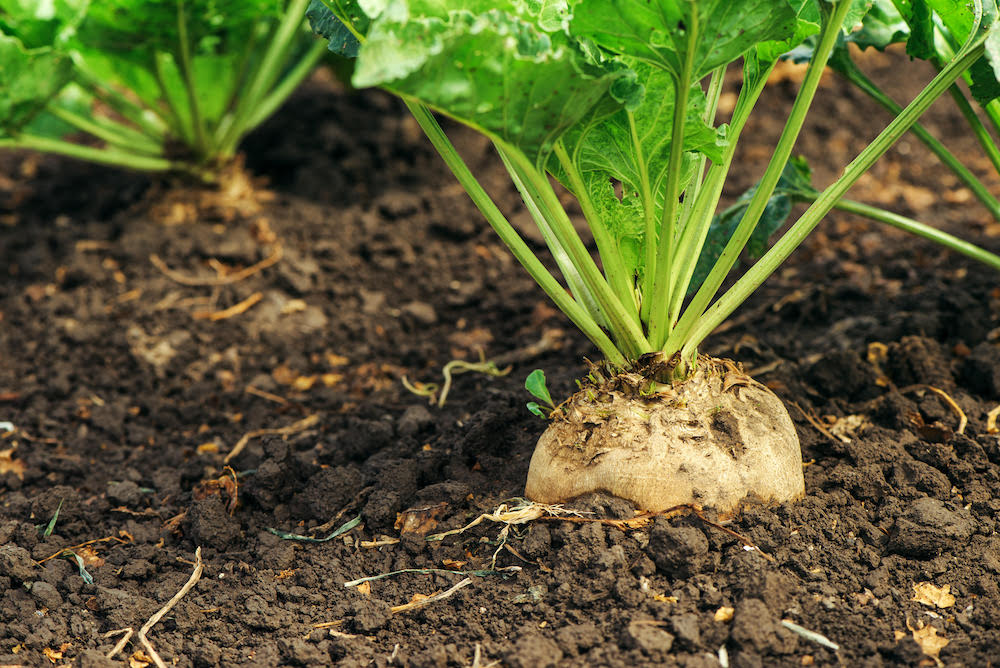Beet Sugar vs Cane: What’s the Difference in Production and Refining?
Beet Sugar vs Cane: What’s the Difference in Production and Refining?
Blog Article
The Fantastic Discussion: Beet Sugar Vs Walking Stick and Their Influence On Health
The continuous dispute surrounding beet sugar and cane sugar increases crucial concerns regarding their corresponding health and wellness effects and more comprehensive implications for customer options. This conversation welcomes us to consider not just the sweet taste we choose, yet the far-ranging results of those selections on our wellness and the world.
Introduction of Sugar Resources
Sugar, a widely consumed sugar, largely stems from 2 main sources: sugar beetroots and sugar walking cane. Sugar walking cane prospers in exotic and subtropical climates, with significant manufacturers consisting of Brazil, India, and China.
On the other hand, sugar beets are primarily grown in temperate areas, with considerable manufacturing in countries such as the United States, France, and Germany. The beetroots are collected from the ground, sliced, and subjected to a process that transforms the drawn out juice into granulated sugar. While both sugar resources inevitably produce sucrose, their farming methods, processing approaches, and geographical distributions differ significantly.
These distinctions can affect not only the ecological impact of sugar production but additionally the economic facets of sugar prices and profession. Understanding the beginnings of these sweeteners is critical for customers and policymakers alike, as it lays the structure for notified conversations regarding their health and wellness ramifications and sustainability.
Nutritional Comparison
When taking a look at the nutritional profiles of beet sugar and cane sugar, both sources share a comparable composition as they largely include sucrose. Sucrose is a disaccharide, composed of sugar and fructose, and is responsible for the sweetness related to both sugars. The refining procedures for both beet and walking cane sugar return items that are predominantly pure sucrose, with very little traces of vitamins, minerals, or various other nutrients.
In terms of calorie material, both beet and walking stick sugars provide roughly 4 calories per gram. Neither kind of sugar offers substantial nutritional advantages past power stipulation, as they lack crucial vitamins or minerals. The presence of trace aspects, such as calcium, magnesium, and potassium, can vary somewhat in between the two, mostly due to the farming practices and soil conditions in which they are expanded.
Furthermore, the glycemic index values of beet sugar and walking cane sugar are comparable, suggesting comparable effects on blood sugar degrees. In general, from a dietary standpoint, beet and walking cane sugars are functionally comparable, contributing largely to caloric consumption without supplying significant health advantages over each other.
Wellness Implications
The health effects of consuming beet sugar and walking stick sugar warrant mindful factor to consider, particularly given the rising prevalence of sugar-related health and wellness issues. Both kinds of sugar contribute similar caloric worths and can bring about increased risks of obesity, kind 2 diabetes mellitus, and heart diseases when eaten over. The body sugars both metabolizes right into glucose, which can cause spikes in blood glucose degrees, resulting in insulin resistance with time.
While there is continuous argument regarding the glycemic index of these sugars, studies suggest that both can negatively impact metabolic wellness if eaten in huge quantities. beet sugar vs cane. In addition, the possible existence of contaminants in beet sugar, such as chemicals from traditional farming practices, raises additional wellness worries. Conversely, cane sugar, especially when minimally refined, may use a slightly a lot more favorable account due to its natural state
Furthermore, the usage of added sugars, no matter the resource, is connected to unfavorable wellness results, consisting of dental concerns and fatty have a peek at this website liver disease. Small amounts is important, and people should be mindful of their complete sugar intake from all sources, ultimately focusing on entire foods over included sugars for optimum health and wellness end results.
Environmental Influence
Recognizing the health ramifications of beetroot and walking stick sugar likewise brings about an evaluation of their ecological impact, which can considerably affect farming sustainability and environmental equilibrium. Both sugar resources have unique environmental footprints, shaped by their farming methods and geographical demands.

On the other hand, beetroot sugar is generally grown in warm climates and frequently includes diverse crop rotations. This method can improve soil wellness and lower dependence on chemical inputs. Intensive beet farming can likewise lead to nutrition exhaustion and insect pressures if not taken care of sustainably.
Both sugar types existing challenges and possibilities for ecological stewardship. Promoting sustainable agricultural practices and responsible sourcing can mitigate their influences, making sure that sugar manufacturing lines up with environmental preservation and long-term food protection.
Customer Preferences
Amidst growing awareness of wellness and ecological issues, customer choices for sugar kinds are significantly influenced by perceptions of health and wellness benefits, sustainability, and ethical sourcing. Beet sugar and walking stick sugar each present one-of-a-kind qualities that attract different consumer demographics.
Health-conscious consumers usually inspect the nutritional accounts of these sugars, seeking options regarded as much less processed or even more natural. Walking cane sugar, typically pertained to as the traditional sugar, is sometimes preferred for its perceived pureness and simplicity. In contrast, beetroot sugar, which is frequently stemmed from genetically modified plants, faces apprehension among those concerned concerning GMOs.
Sustainability is another substantial factor affecting customer options. As awareness of farming practices expands, several consumers select items that line up with ecologically pleasant farming approaches. Cane sugar production, especially when sourced from lasting ranches, can attract eco-conscious customers.
Ethical sourcing plays an essential role also, with consumers increasingly favoring items that sustain fair labor practices. Accreditations such as Fair Trade can improve the attractiveness of cane sugar in the market. Ultimately, consumer choices are shaped by an intricate interaction of health, environmental, and ethical considerations, driving need for both beetroot and cane sugars in diverse markets.
Final Thought
Finally, the discussion why not try these out between beetroot sugar and walking anonymous cane sugar encompasses different elements, consisting of nutritional profiles, wellness effects, and environmental consequences. beet sugar vs cane. While both sugars primarily contain sucrose and exhibit similar calorie content, concerns concerning pesticide use in beet sugar and the environmental impact of walking cane sugar monoculture warrant careful factor to consider. As customers increasingly focus on sustainability and health, educated selections relating to sugar intake come to be necessary in promoting total well-being and environmental stewardship

Report this page